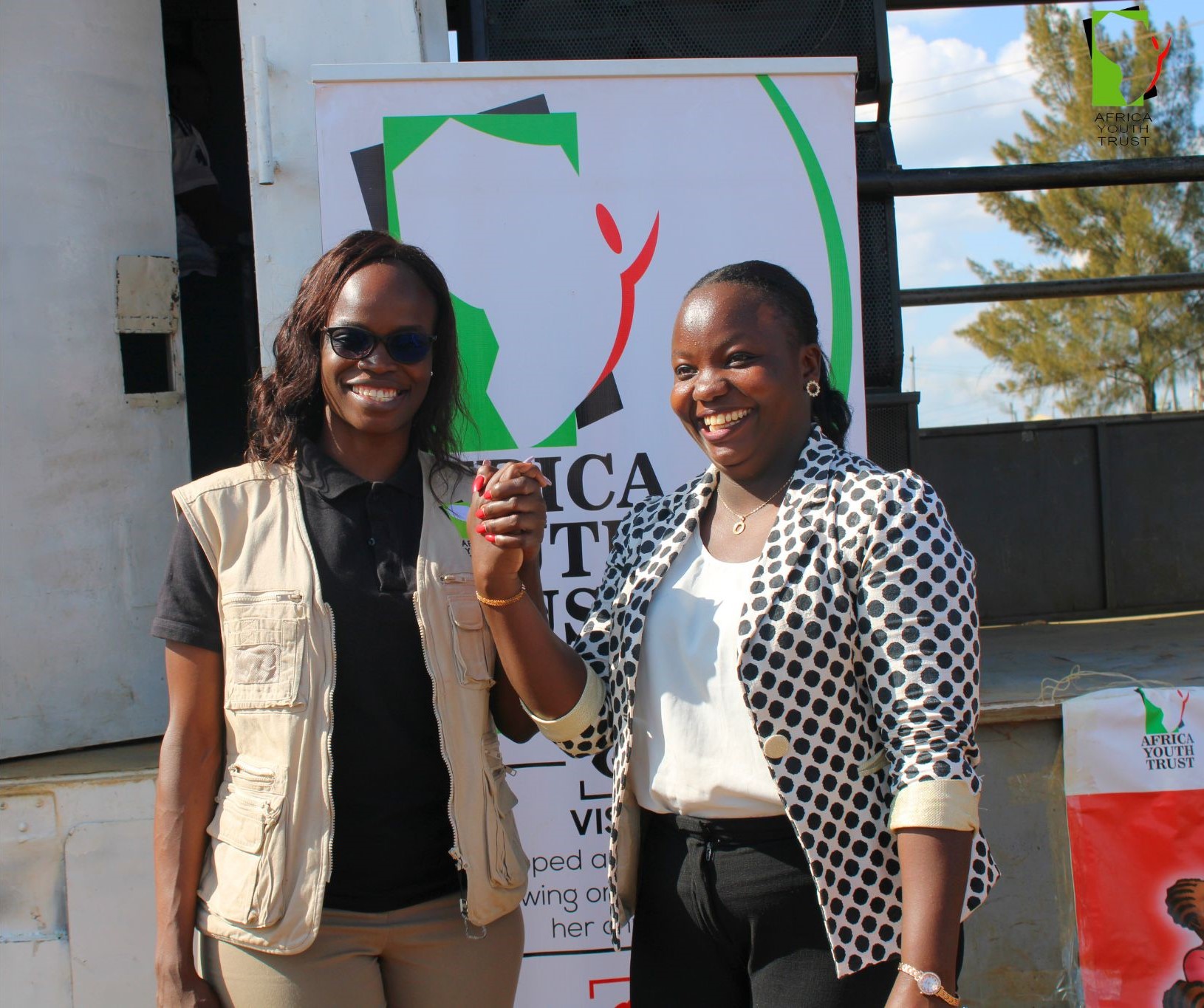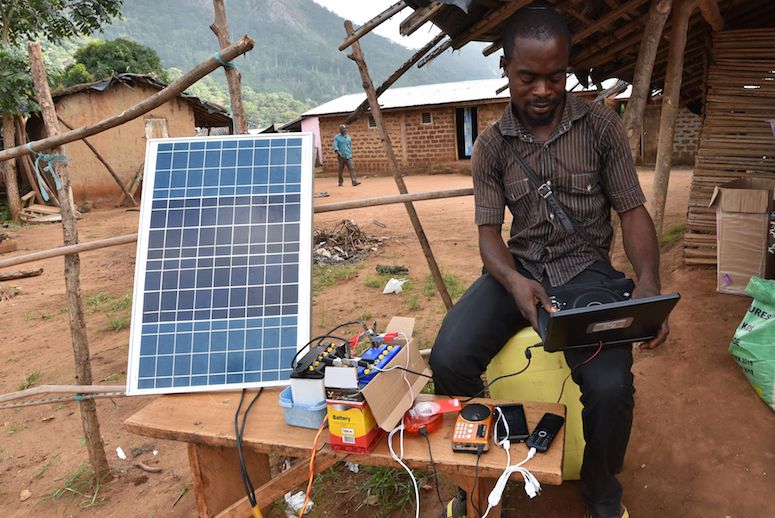FALSE: Photo does not show the drought situation in Embolioi, Kajiado County, in October 2022
FAKE: This Facebook account purporting to issue statements in the name of Kenya’s National Police Service spokesperson is an imposter
The National Police Service has disowned the account, pointing out that its spokesperson is not on any social media platform.

This Facebook account issuing statements as the National Police Service (NPS) spokesperson Resila Onyango is FAKE.
The account ‘Resila Onyango’ uses Onyango’s image and has an intro reading “works at Vigilance House”, the Kenya police headquarters.
The account has made several posts, including this one promising police officers better days ahead as the government seeks to improve their welfare.
The account’s bio section does not indicate when it was created. However, it made its first post on 8 November 2022.
A search on Facebook established that several pages use the NPS spokesperson’s name, but none is verified.
A similar search on Twitter did not confirm Onyango’s account.
We, however, found this statement disowning the account we are debunking on the NPS’ official Twitter account and Facebook page.
“The existing accounts are maintained by unscrupulous imposters with criminal intent to defraud unsuspecting persons… Please note that NPS Spokesperson does not operate any social media account and only transacts her official duties through NPS official communications platforms,” NPS said.
In December 2022, we debunked another page purporting to be that of the NPS spokesperson.
PesaCheck examined a Facebook account issuing statements in the name of Kenya’s National Police Service (NPS) spokesperson Resila Onyango and found it to be FAKE.
This post is part of an ongoing series of PesaCheck fact-checks examining content marked as potential misinformation on Facebook and other social media platforms.
By partnering with Facebook and similar social media platforms, third-party fact-checking organisations like PesaCheck are helping to sort fact from fiction. We do this by giving the public deeper insight and context to posts they see in their social media feeds.
Have you spotted what you think is fake or false information on Facebook? Here’s how you can report. And, here’s more information on PesaCheck’s methodology for fact-checking questionable content.
This fact-check was written by PesaCheck fact-checker Rodgers Omondi and edited by PesaCheck senior copy editor Cédrick Irakoze and acting chief copy editor Francis Mwaniki.
The article was approved for publication by PesaCheck managing editorDoreen Wainainah.
PesaCheck is East Africa’s first public finance fact-checking initiative. It was co-founded by Catherine Gicheru and Justin Arenstein and is being incubated by the continent’s largest civic technology and data journalism accelerator: Code for Africa. It seeks to help the public separate fact from fiction in public pronouncements about the numbers that shape our world, with a special emphasis on pronouncements about public finances that shape the government’s delivery of Sustainable Development Goals (SDG) public services, such as healthcare, rural development and access to water/sanitation. PesaCheck also tests the accuracy of media reportage. To find out more about the project, visitpesacheck.org.
PesaCheck is an initiative of Code for Africa, through its innovateAFRICA fund, with support from Deutsche Welle Akademie, in partnership with a coalition of local African media and other civic watchdog organisations.






